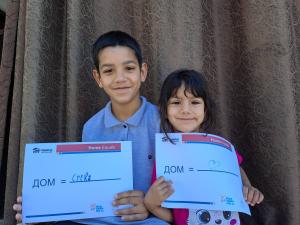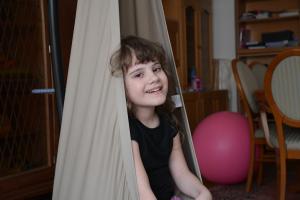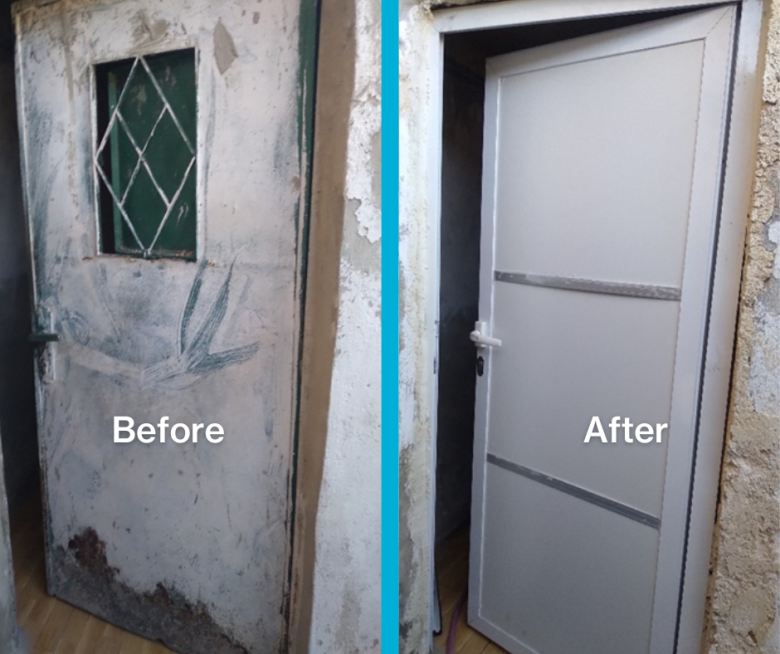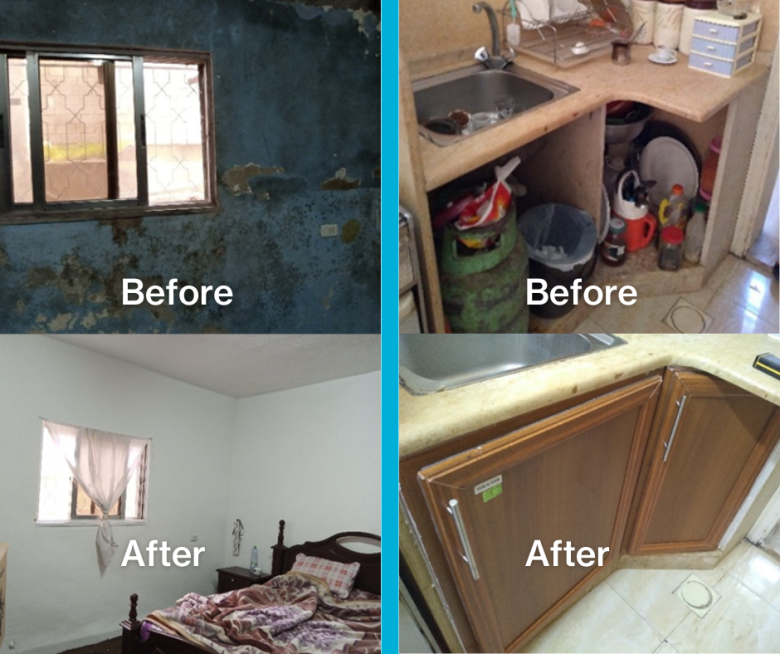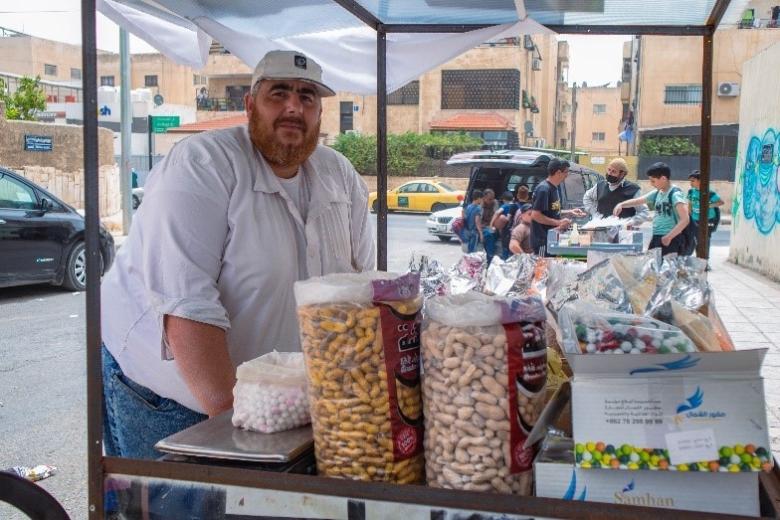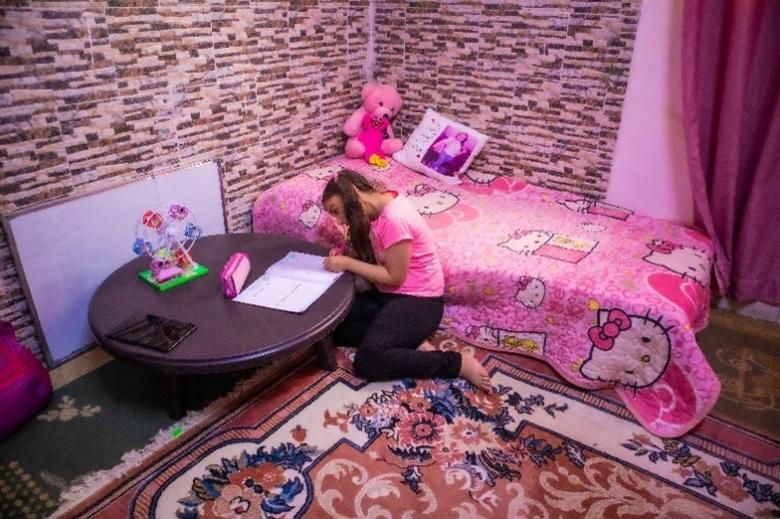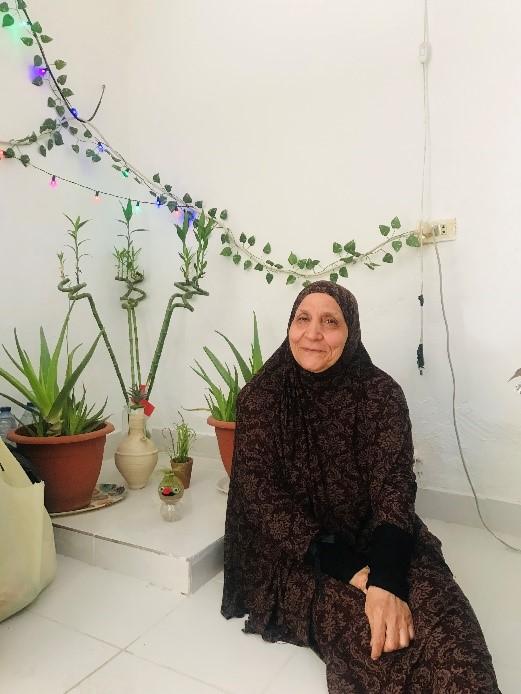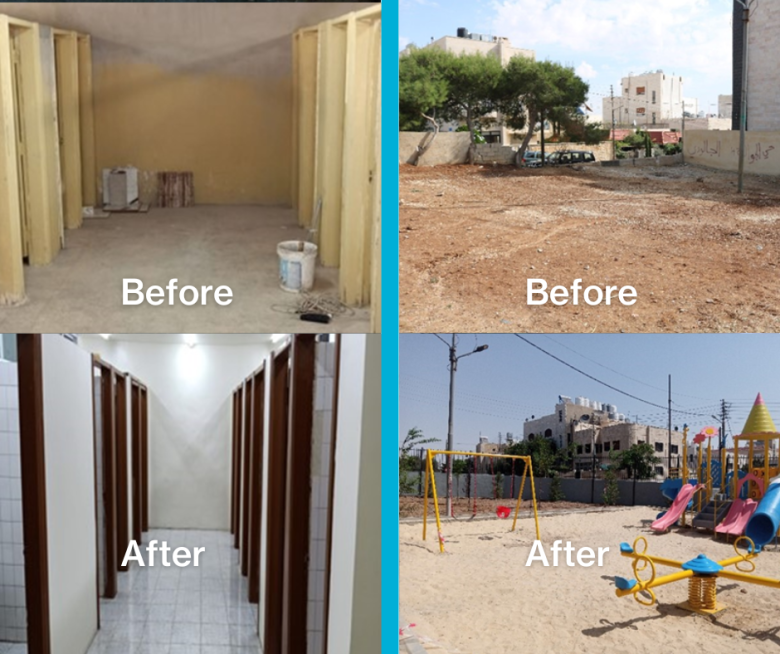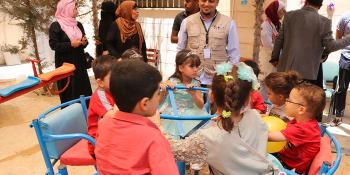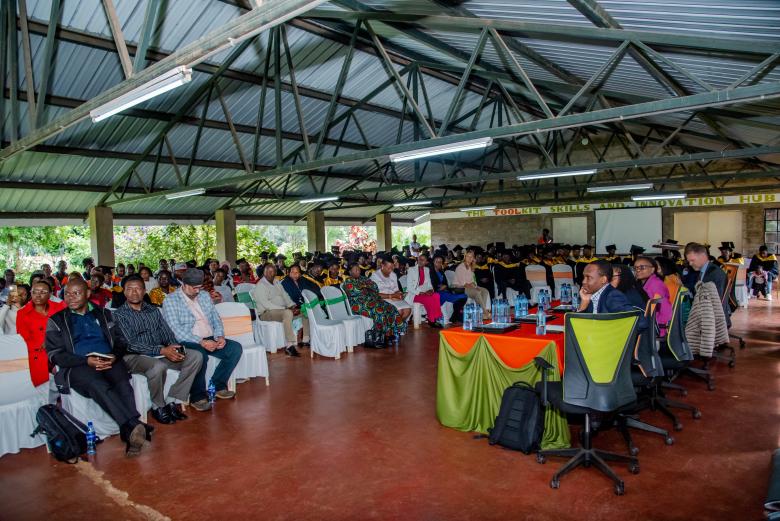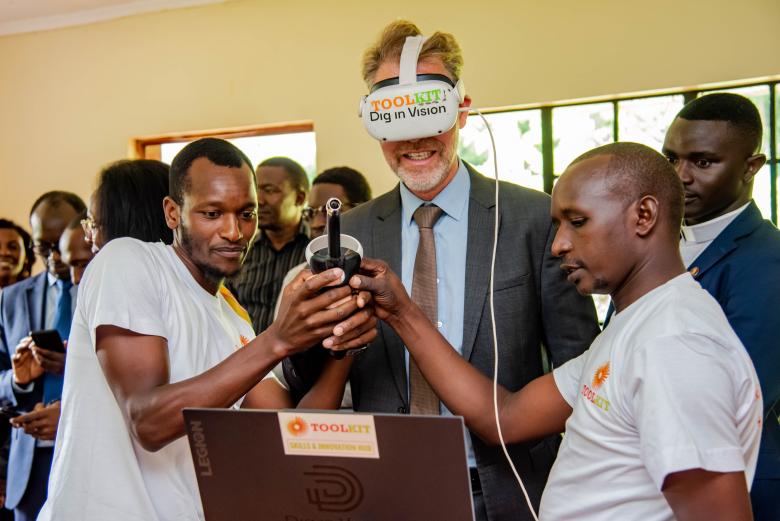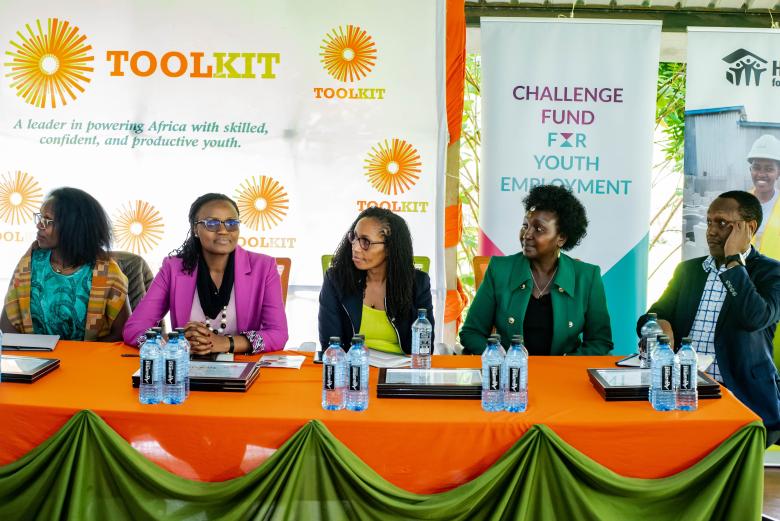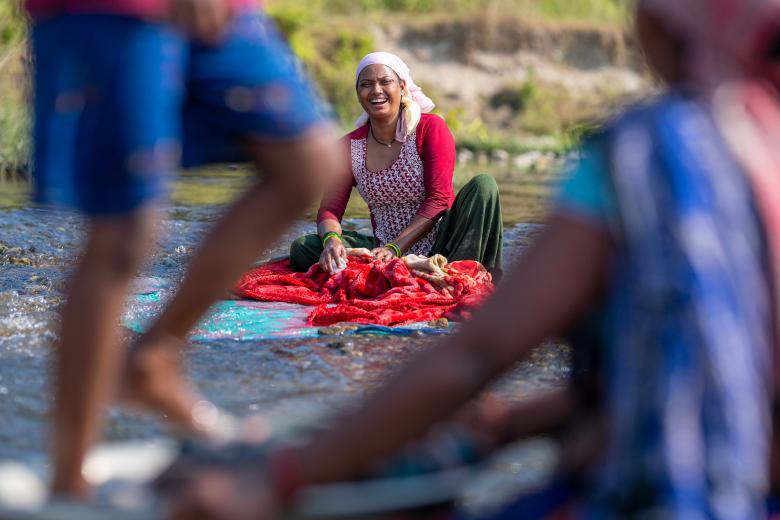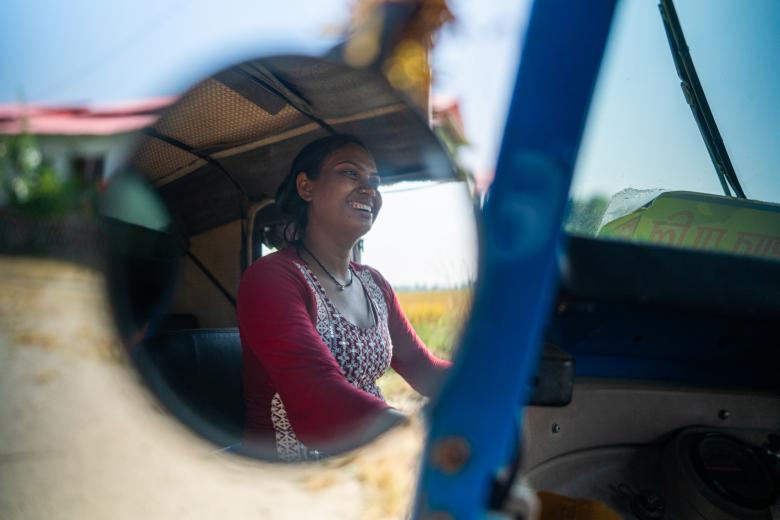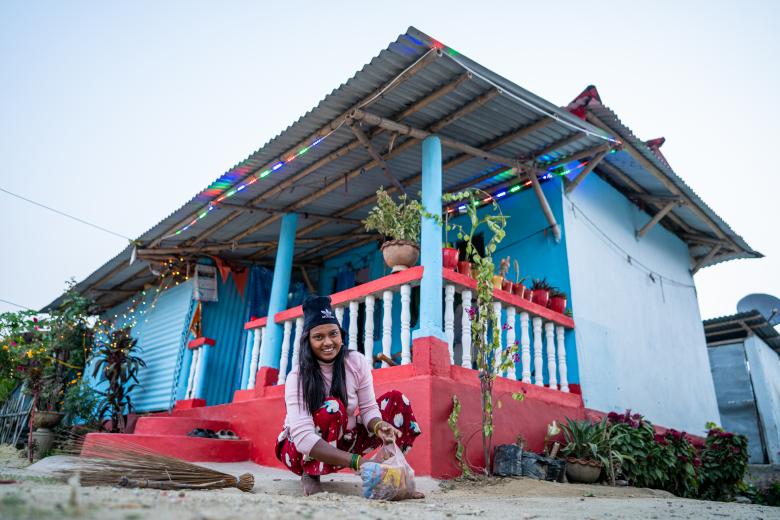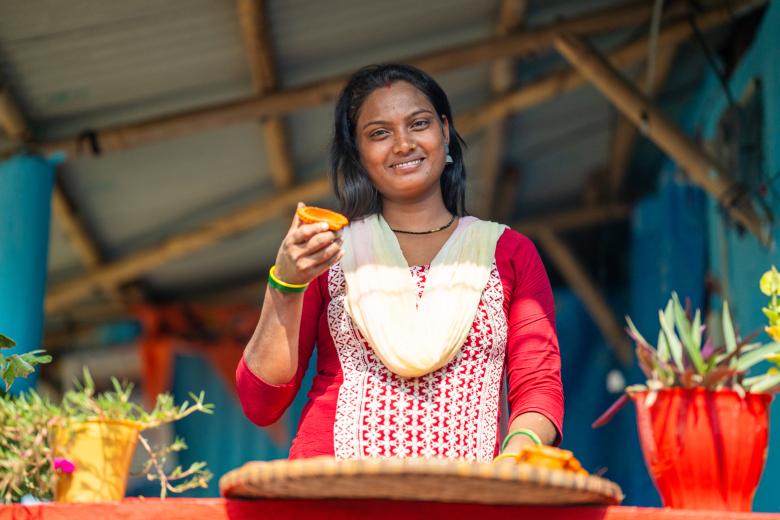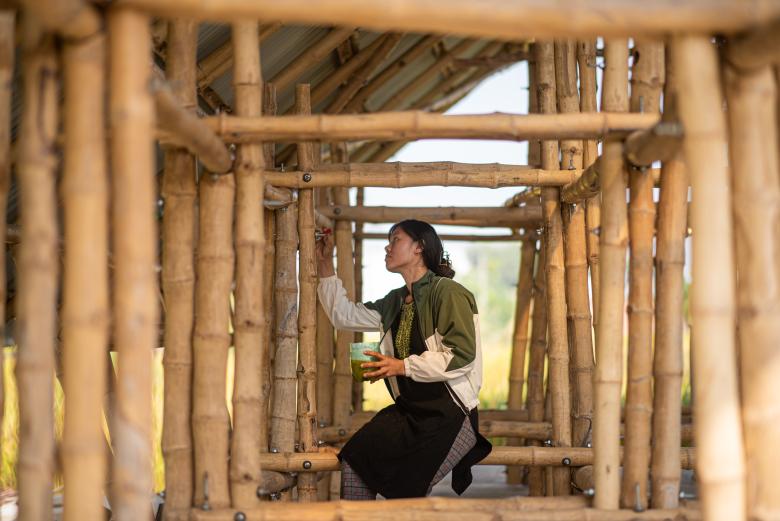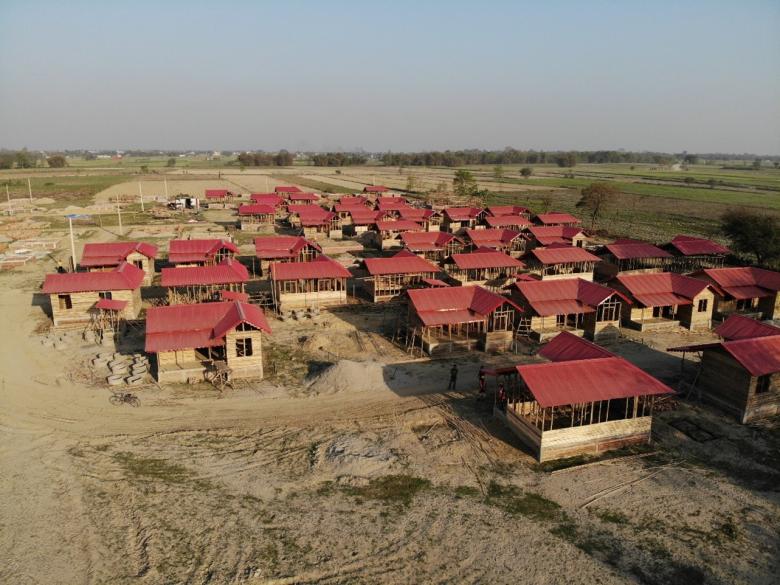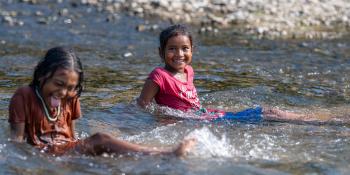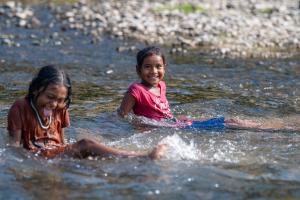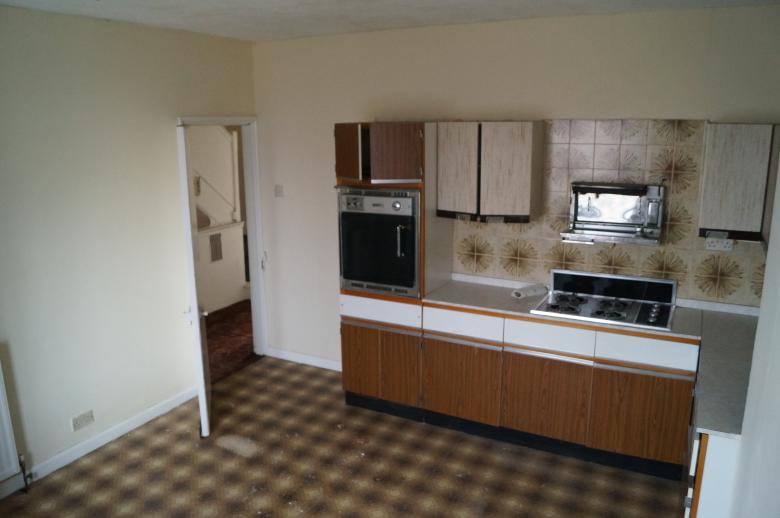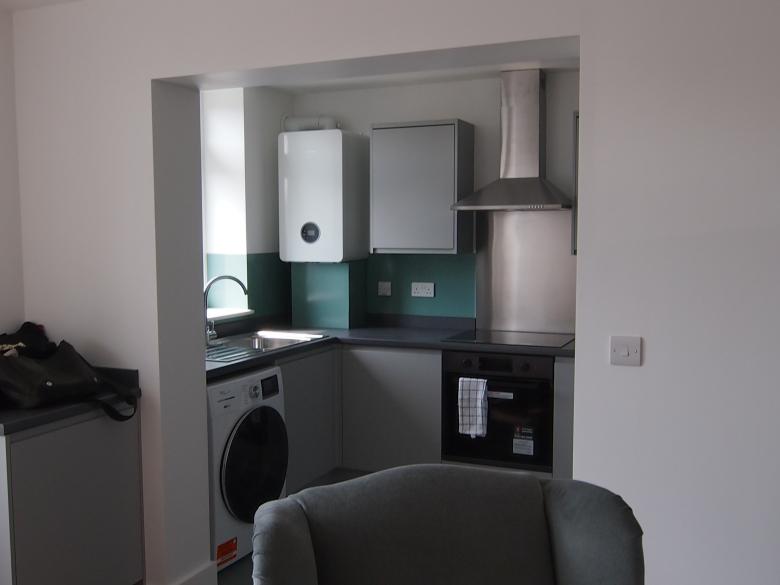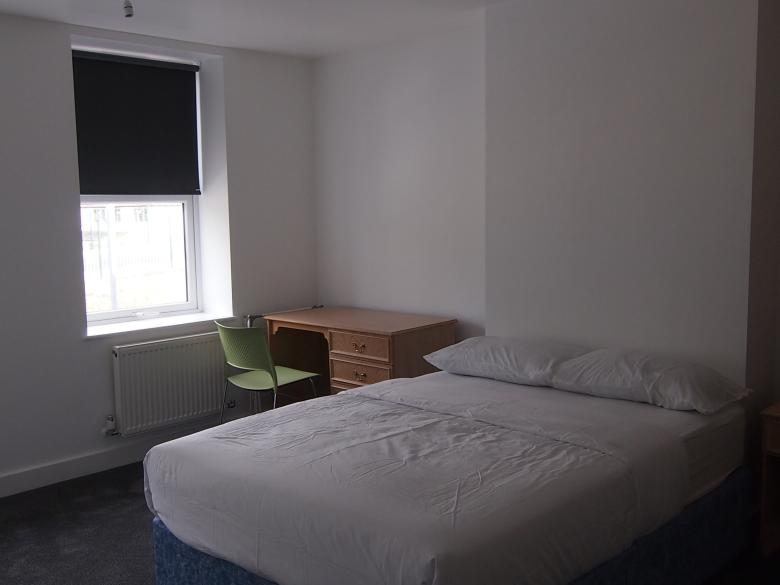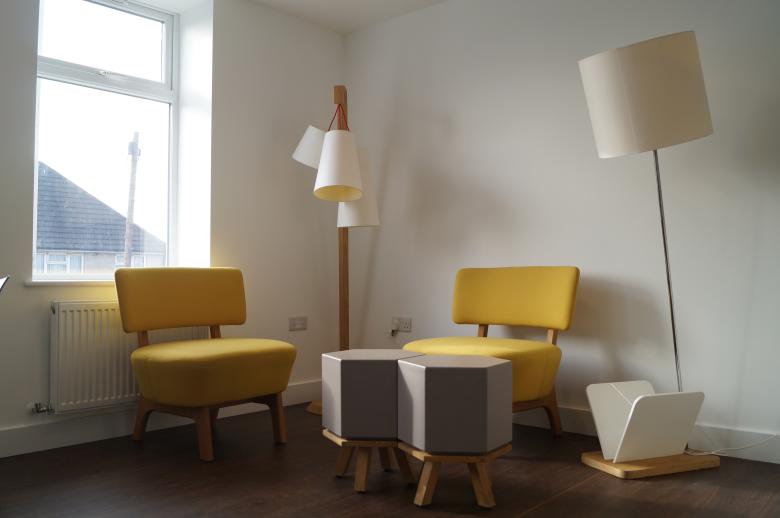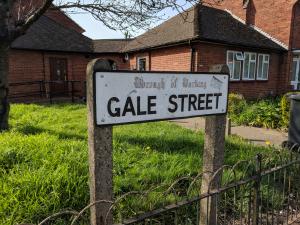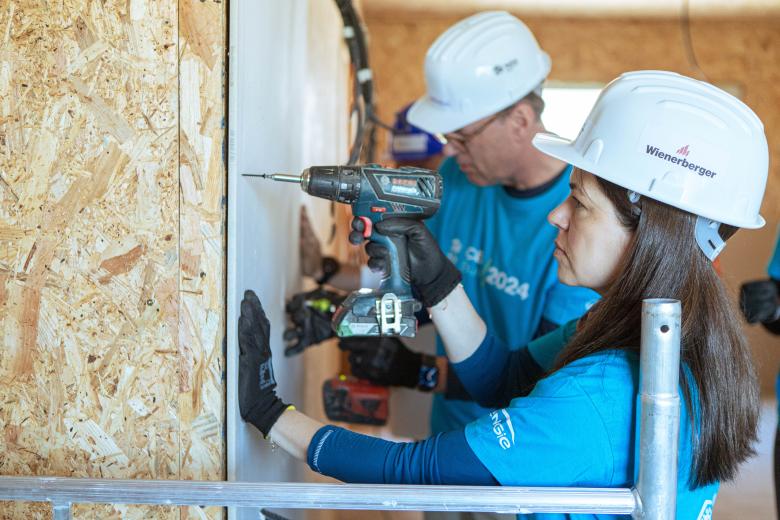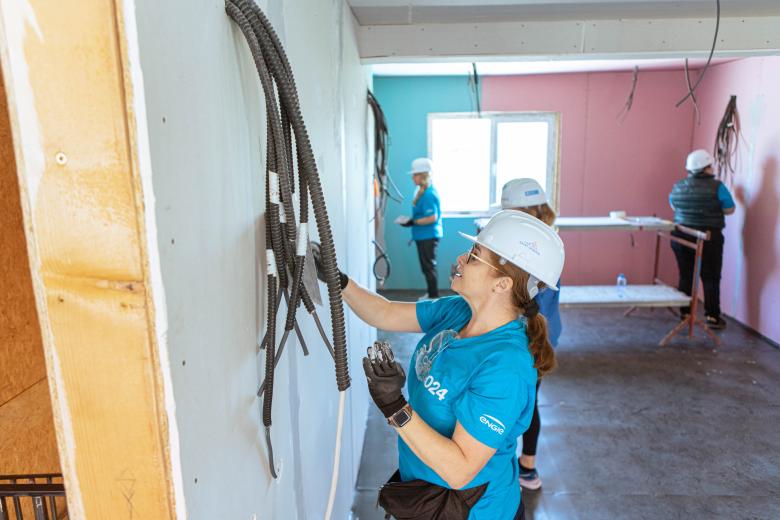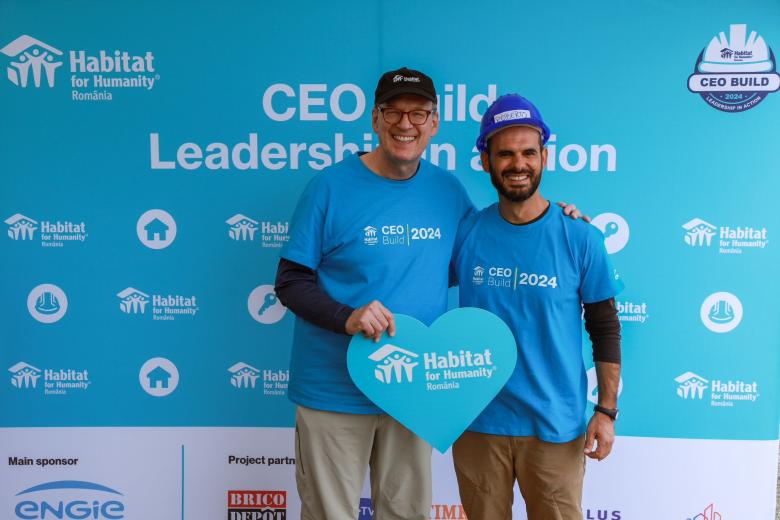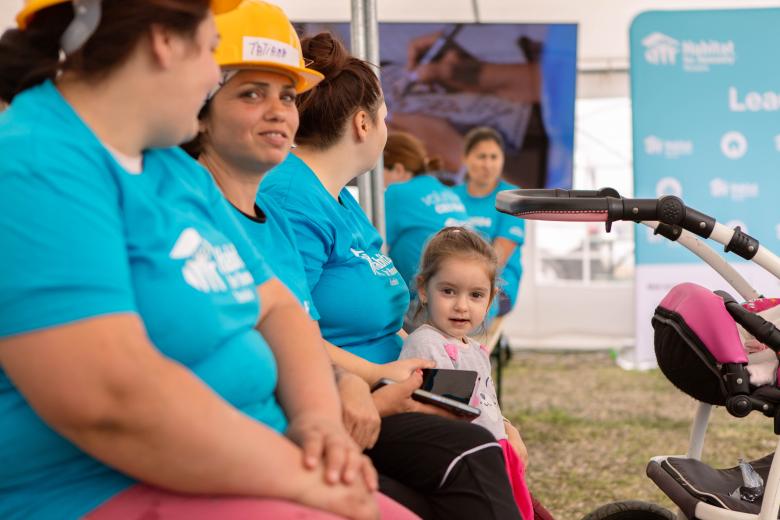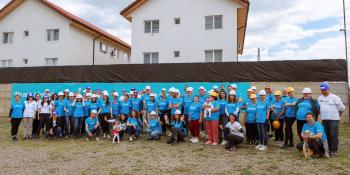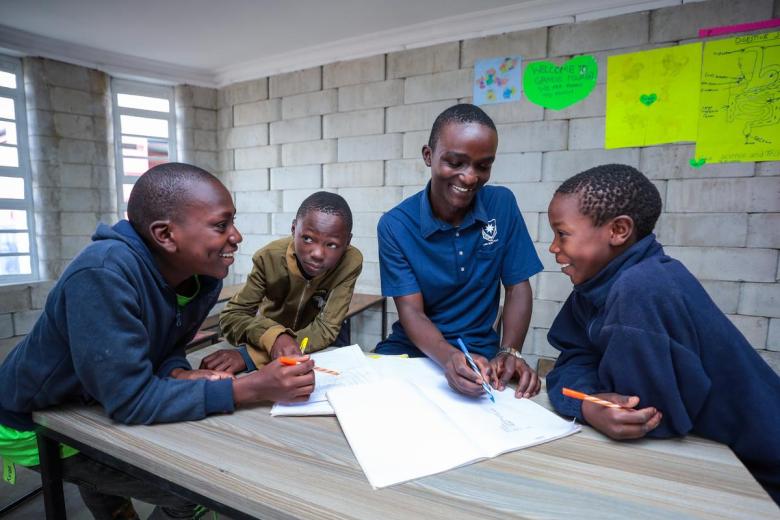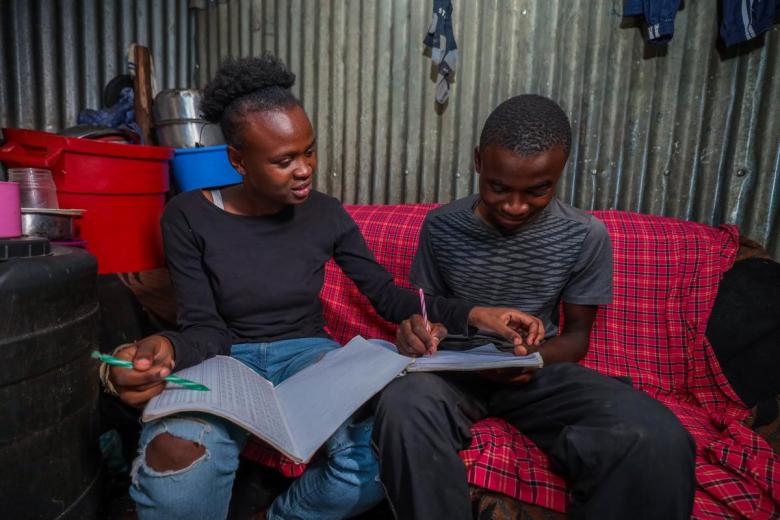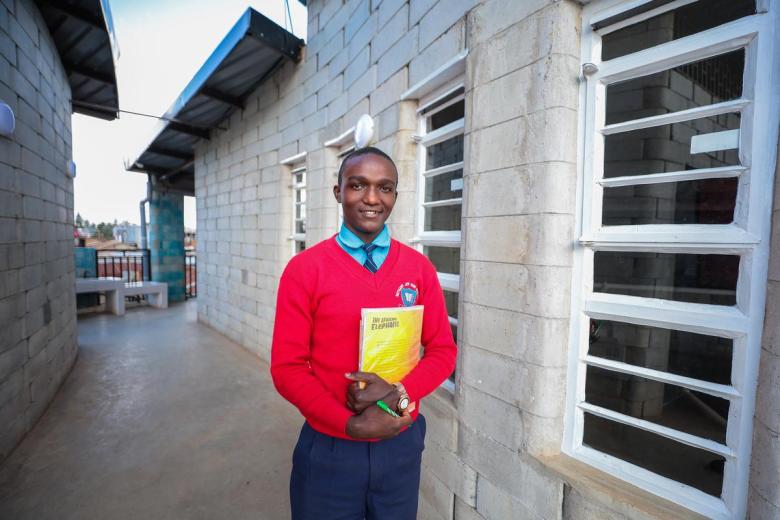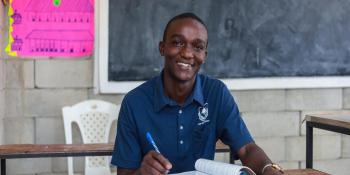The Home Equals Project in Macedonia: The Salievski Family's Journey to Legalizing Their Home
In Shuto Orizari, a culturally rich municipality in North Macedonia, lives the Salievski family. This area is known for its vibrant Roma community, which has faced significant social and economic challenges over the years. The family consists of Senad Salievski, his wife Elvira, their three sons aged 9, 12, and 14, and their 4-year-old daughter. Despite the odds, Senad is determined to provide a better life for his family.
In Shuto Orizari, a culturally rich municipality in North Macedonia, lives the Salievski family. This area is known for its vibrant Roma community, which has faced significant social and economic challenges over the years. The family consists of Senad Salievski, his wife Elvira, their three sons aged 9, 12, and 14, and their 4-year-old daughter. Despite the odds, Senad is determined to provide a better life for his family.
Senad works as a cashier at the City Casino to support his family. Although he holds a high school diploma in machining from “Vlado Tasevski,” he has struggled to find employment as a mechanic due to limited job opportunities. In Shuto Orizari, where unemployment rates are high and housing conditions are often inadequate, these challenges are all too familiar.
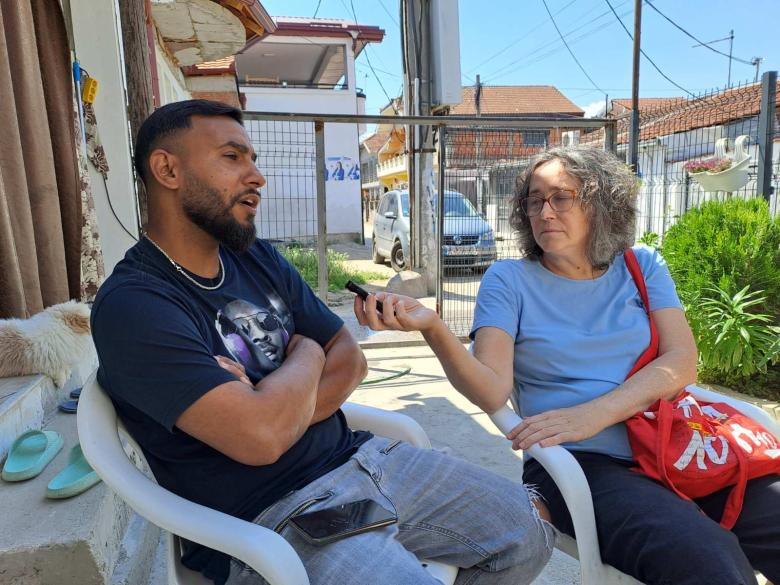
Senad’s journey is further complicated by the prejudice and exclusion he faces as a member of the Roma community. Historically, the Roma people have encountered significant barriers to accessing education, employment, and housing. This systemic discrimination creates obstacles that prevent Senad from reaching his full potential despite his skills and training.
As the primary breadwinner for his family of six, Senad shoulders the responsibility alone. His wife, Elvira, hasn’t been able to secure stable work, despite her eagerness and willingness. Despite all of this, the family’s perseverance is outstanding. Senad and Elvira are relentless in their efforts to improve their living conditions and provide a better life for their children.
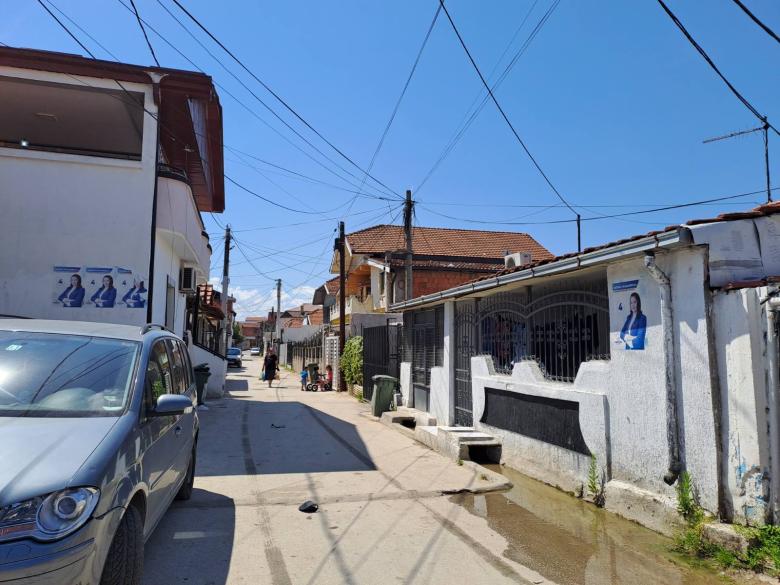
Reflecting on his childhood, Senad says, “My family was extremely modest. My parents, despite their efforts, were unable to buy basic necessities. Things like shoes and socks were unattainable for me and my siblings. During my high school education, I had to rely solely on copying notes from the blackboard because we couldn’t afford textbooks.” Despite these challenges, Senad was able to finish high school, and these experiences fuel his determination to provide a better future for his children.
The Salievski family lives on a piece of land generously given by Elvira’s father. Their house sits in the same yard where Senad’s grandfather resides. With the support of their extended family, they were able to build a 54-square-meter home. However, the house requires significant improvements for decent living. The family faces harsh winters with no insulation, relying on a single heated room to stay warm. The house lacks a facade, and crucial work like installing polystyrene insulation and gutters remains unfinished.
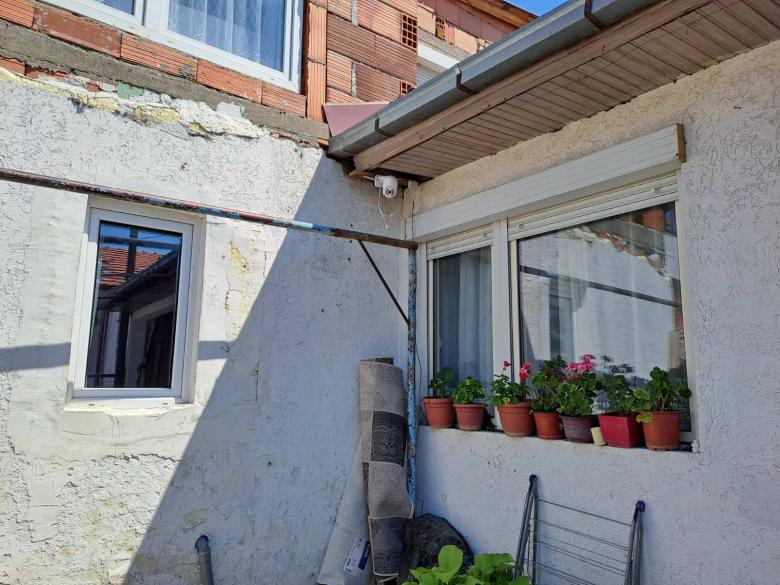
These improvements are critical for the family’s living conditions. Polystyrene insulation keeps the house warm in winter and cool in summer, making the home more energy-efficient and reducing heating costs. Proper gutter installation is essential for preventing water damage and protecting the foundation. Without these improvements, the home becomes extremely vulnerable to weather and environmental damage.
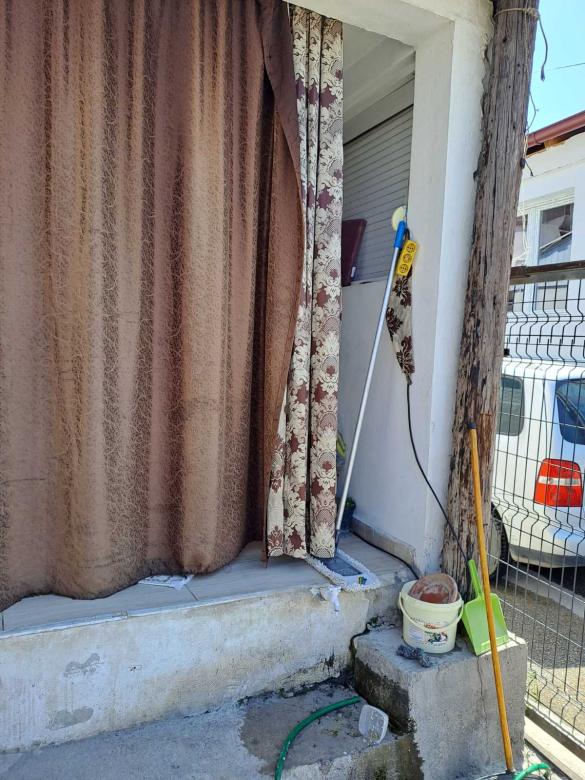
Furthermore, their house isn’t formally legalized, adding another layer of challenges and preventing the family from accessing basic services like housing loans and public services. But with the support of Habitat for Humanity Macedonia’s office and the Home Equals project, the family was able to formally legalize their home. This step empowers the family, giving them legal rights and access to basic services.
“Legalizing my house is the first step towards making our home a place of warmth and security. I am determined to give my children a better life, and with this support, I am one step closer to that dream.”— Senad Salievski
As our team in Macedonia left Senad’s house, it was filled with children’s laughter that echoed in the air. Their perseverance is a true testament to community support and involvement, standing together to overcome adversity one step at a time.
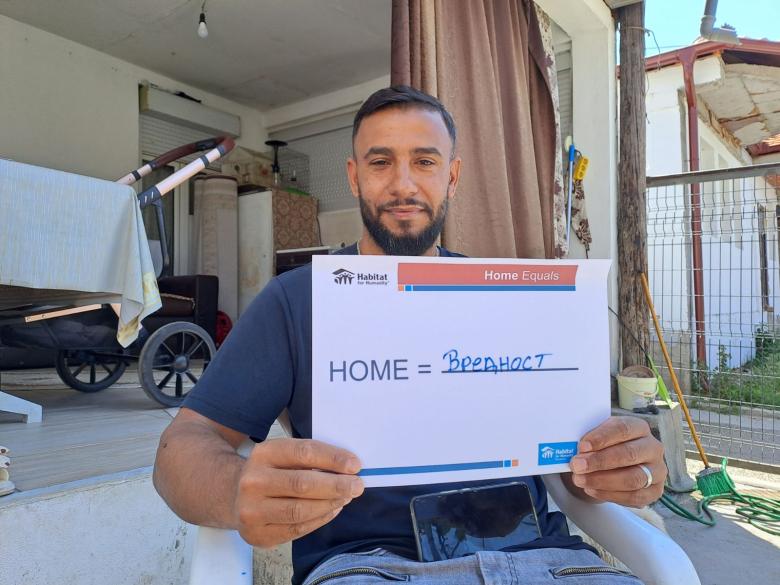
Click here to learn more about our Home Equals project and sign the pledge to help people living in informal settlements have equitable access to adequate housing
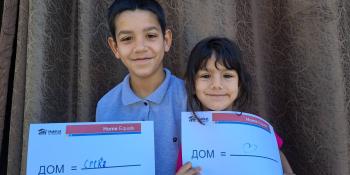
The Home Equals Project in Macedonia. The Salievski Family's Journey to Legalizing Their Home
AUGUST 4, 2024
